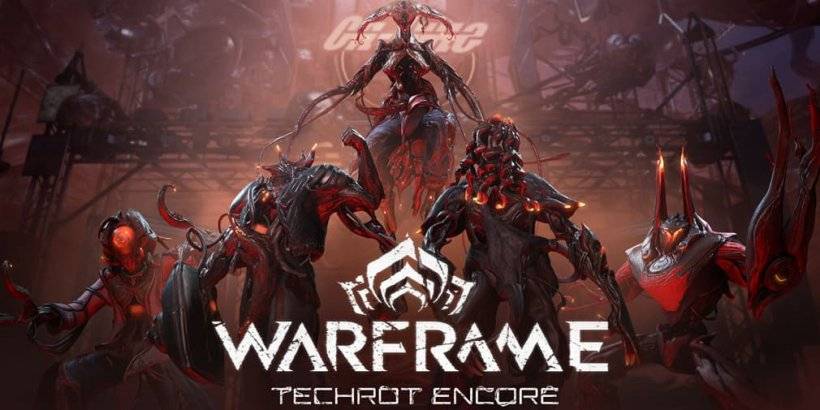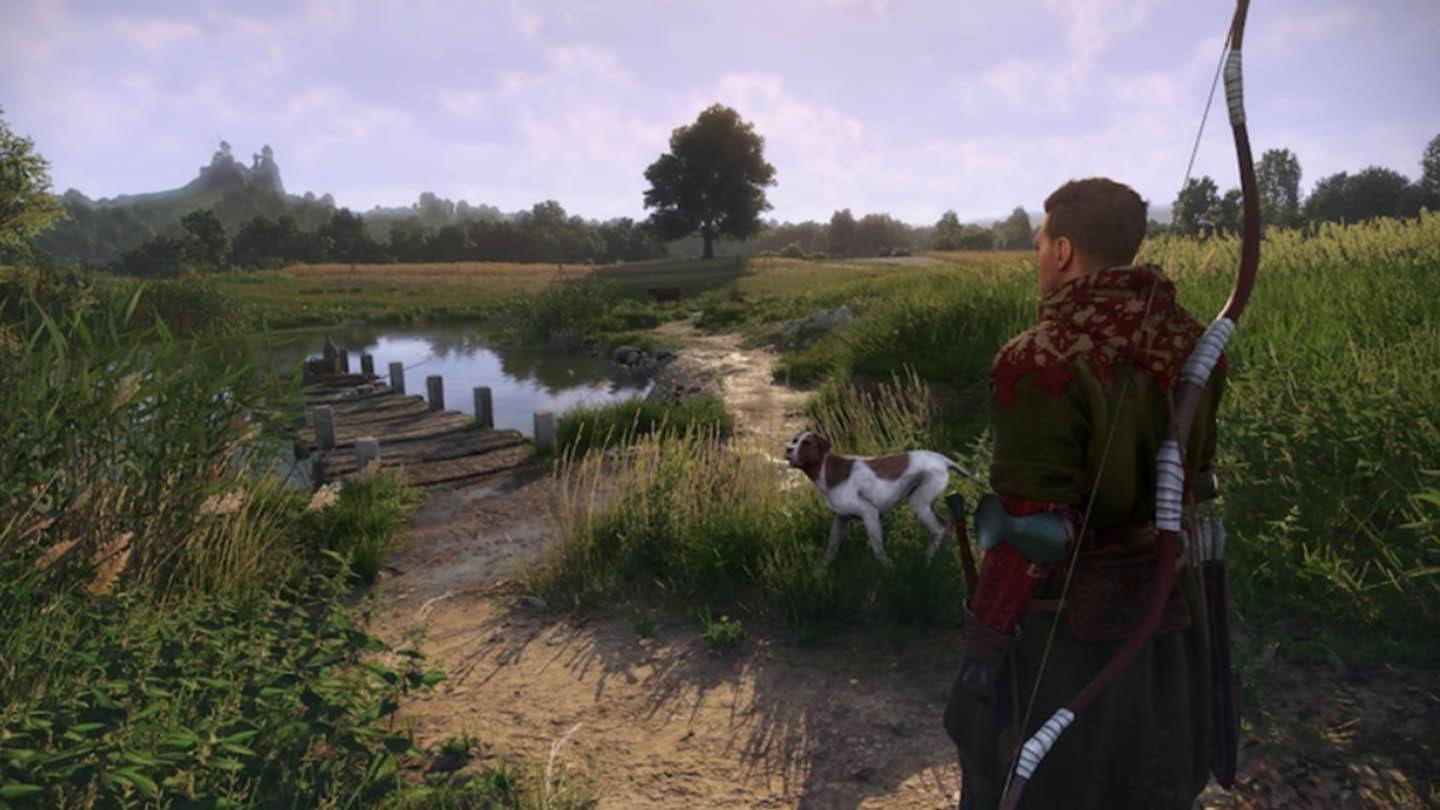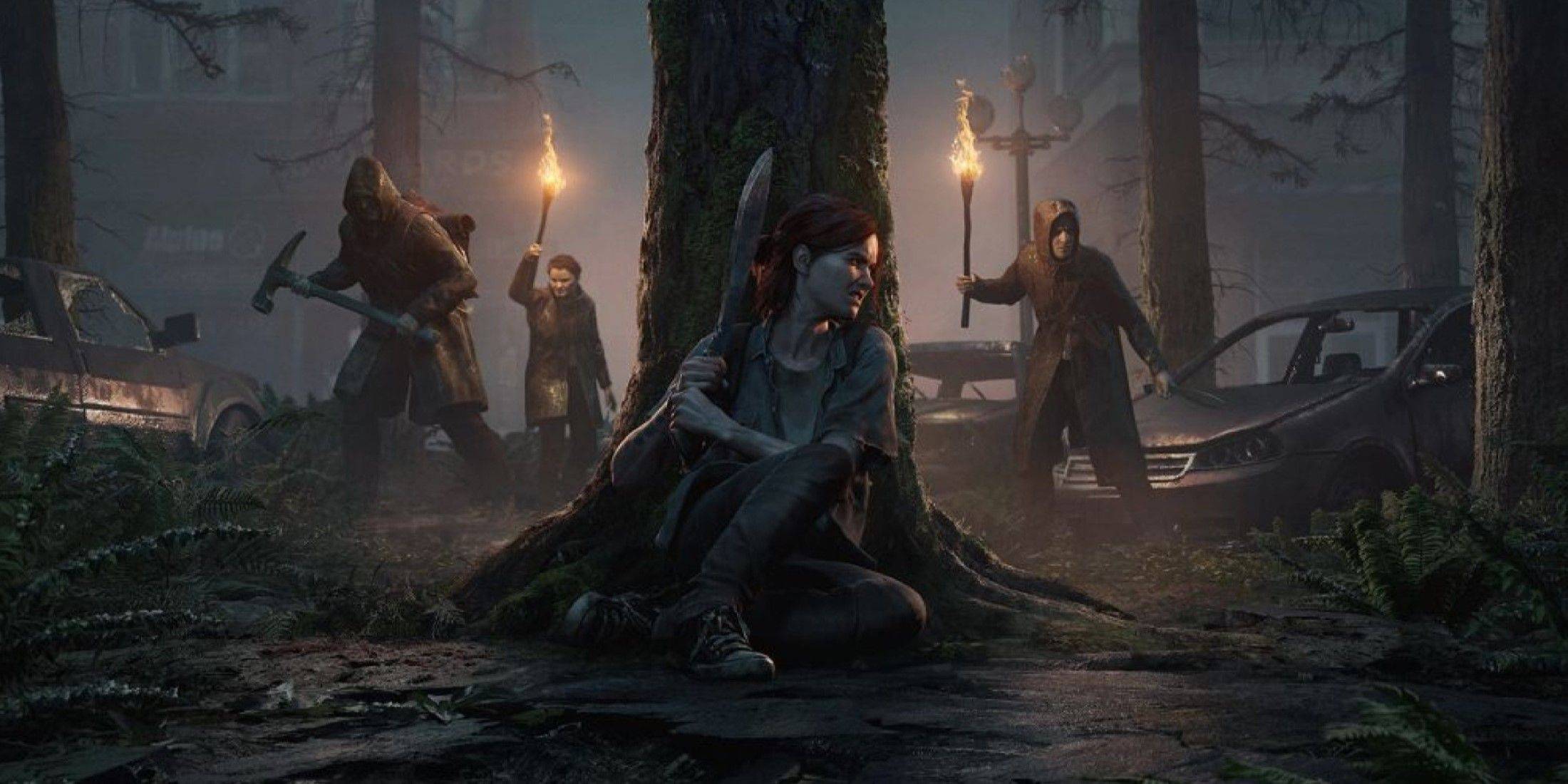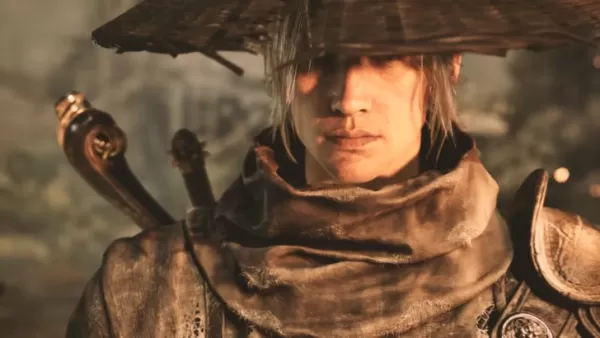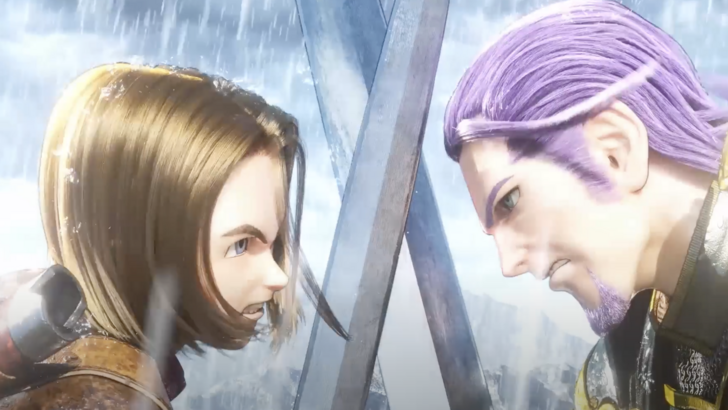Kojima Delighted to Complete Death Stranding 2: On the Beach
- By Eleanor
- May 26,2025
Video games have evolved far beyond mere action-packed, adrenaline-pumping experiences. Hideo Kojima, the creative genius behind the Metal Gear Solid series, introduced the themes of division and connection in Death Stranding, a game that captivated players with its conceptual narrative and innovative delivery-focused gameplay mechanics. Released in a pre-pandemic world, Death Stranding opened up new avenues for storytelling and gameplay.
With the upcoming sequel, Death Stranding 2: On the Beach, set for release on June 26, 2025, Kojima revisits these themes with a more complex question: "Should we have connected?" As the world grapples with increasing divisions, we sought to understand Kojima's perspective on this question as he crafted the sequel's narrative.
The development of Death Stranding 2 took place during the unprecedented challenges of the Covid-19 pandemic. This period forced Kojima to reevaluate the concept of "connection," prompting a deep reflection on technology, production environments, and the essence of human relationships. How did these circumstances influence his understanding and reconstruction of connection in the game?
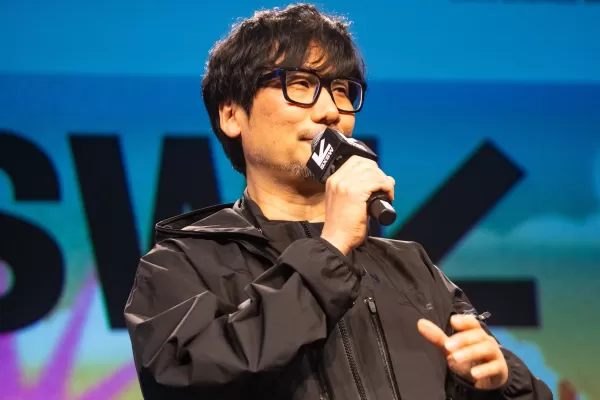
In an insightful interview, Kojima discusses the philosophical underpinnings of the game's production, the elements from the original game that he chose to carry forward, and how contemporary societal issues are reflected in his work. This conversation provides a fascinating glimpse into how the master storyteller continues to push the boundaries of video game narratives.
Latest News
more >-
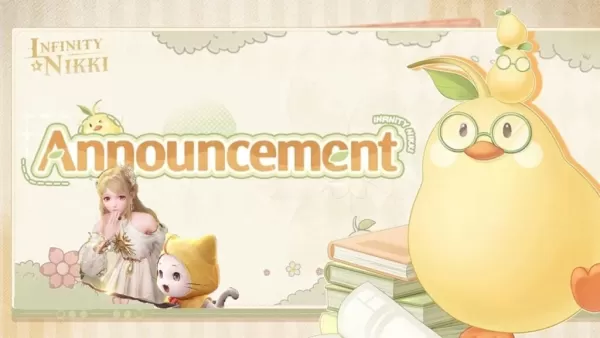
-
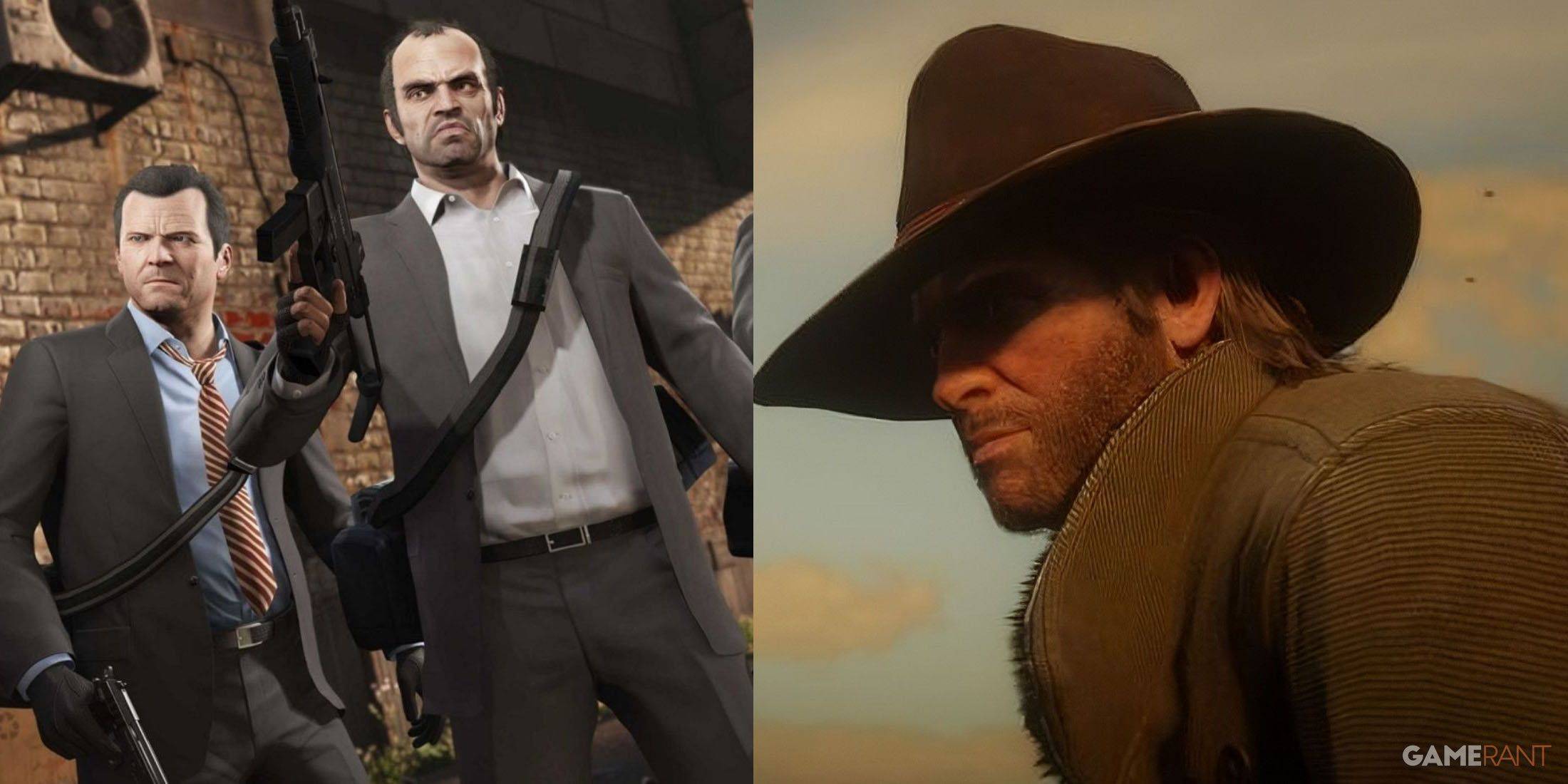
- Red Dead 2, GTA 5 Sales Stay Strong
- Dec 21,2025
-
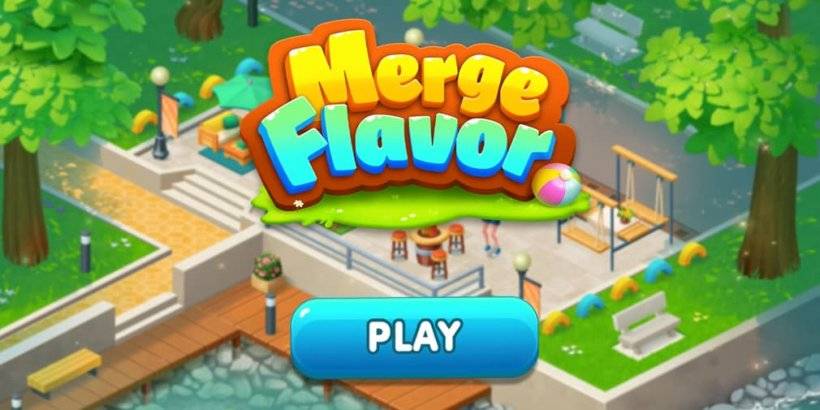
-
-
